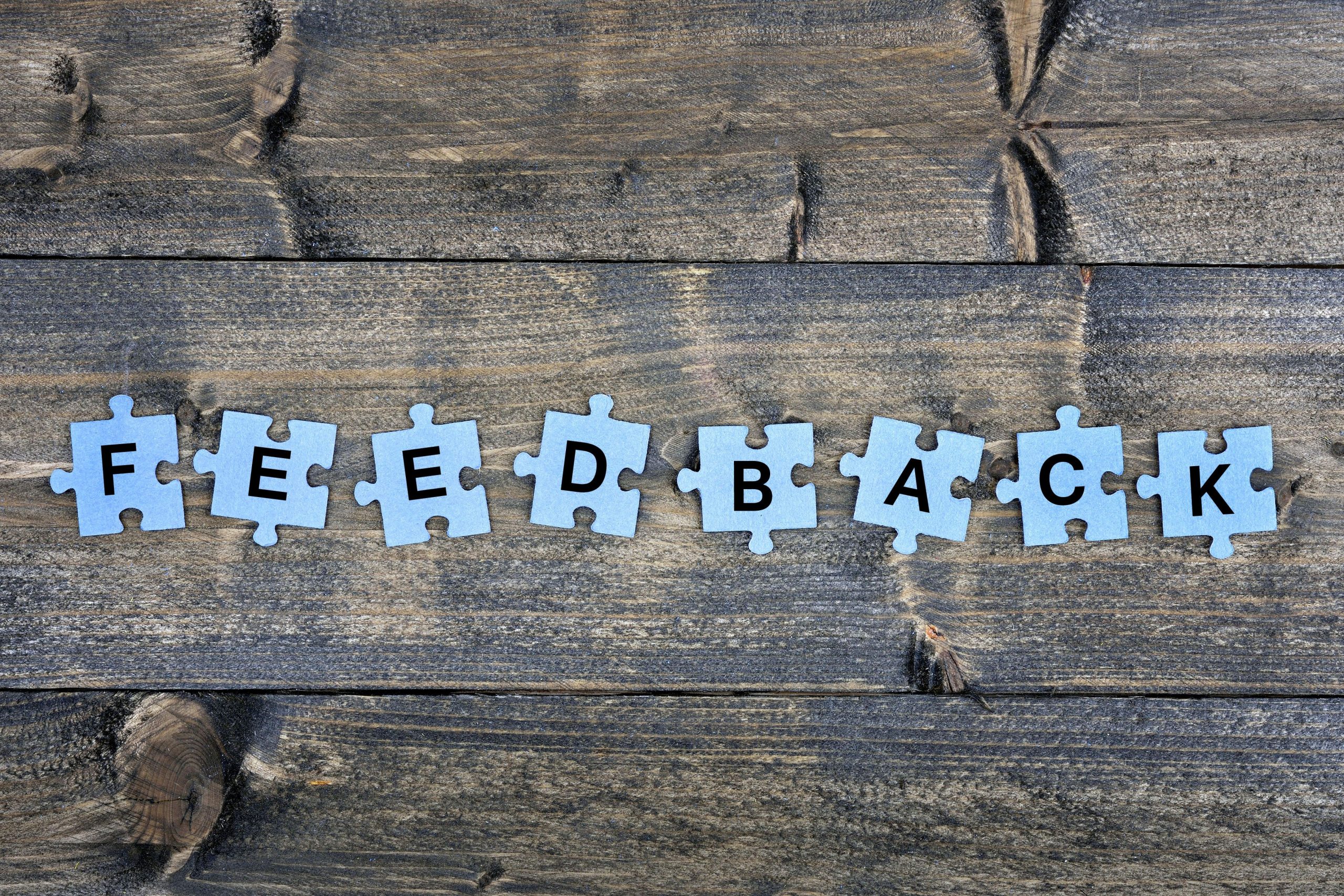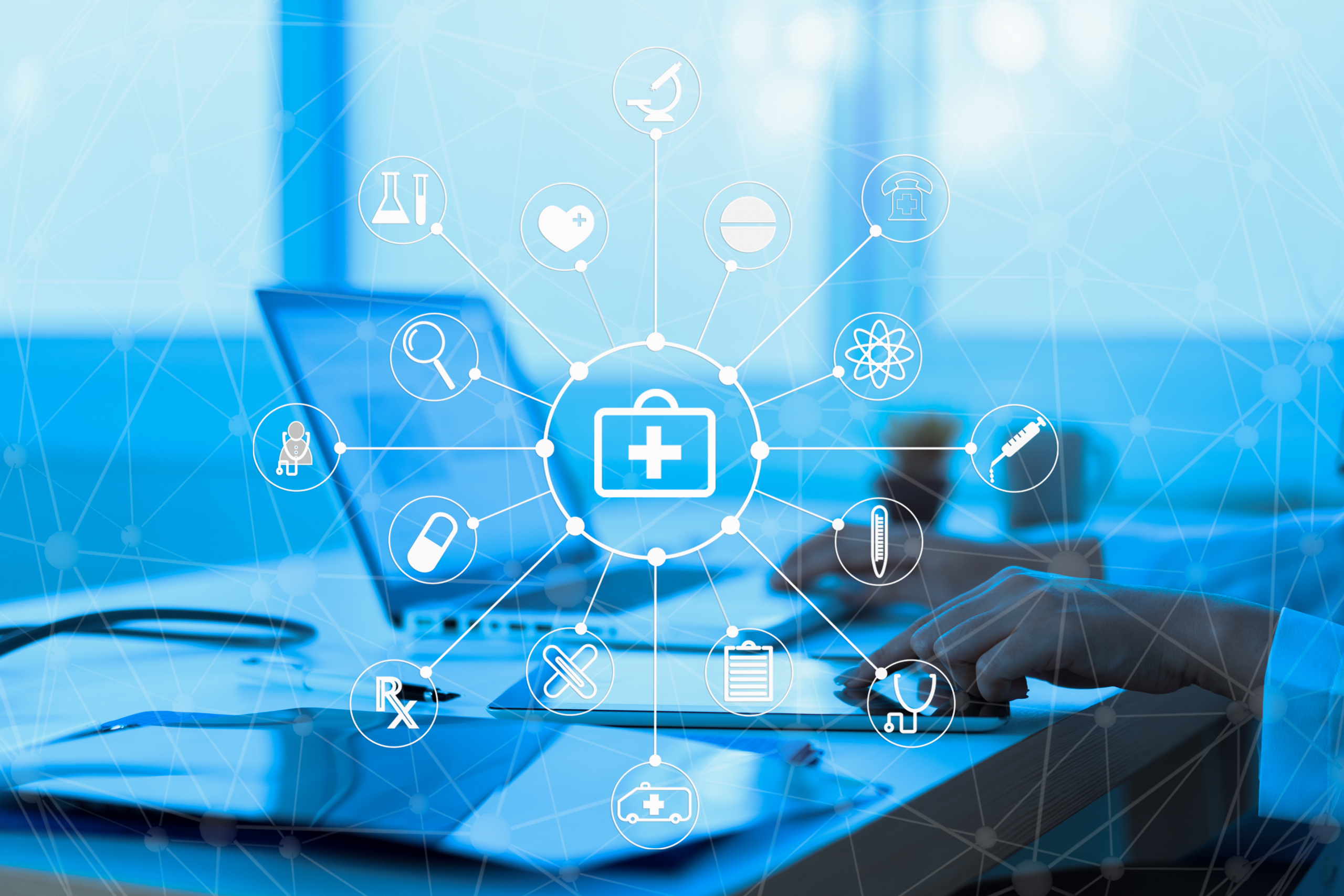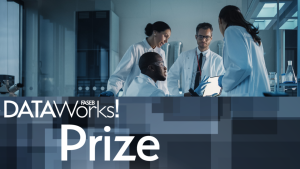June is often a time of year when thoughts turn to celebrations like Father’s Day and graduations. However, at NIH, when we think of June, we are gearing up for the bi-annual meeting of the Advisory Committee to the NIH Director (ACD). While prepping for this meeting definitely takes some work, the real fun begins at the meeting when the discussion energizes new strategic initiatives or drives solutions for some of the most pressing issues facing NIH.
For those of you who tuned in to last week’s meeting of the ACD, you probably heard that NIH has an ambitious policy agenda. These presentations included a briefing on NIH’s progress regarding public access, a review of recent requests we have received from researchers to access the whole HeLa genome sequence from dbGaP, updates from my co-chair on the Clinical Trial Stewardship Task Force, Dr. Debara Tucci, and a status update from one of our newest ACD working group (WG) looking at the issue of Novel Alternative Methods (NAMs).
The big news with respect to NAMs is that we have published a request for information (RFI) to help inform the ACD WG’s deliberations. If you missed the conversation, the ACD WG is working to identify areas in which the development and use of NAMs provide the most value to biomedical research. In particularly, we are interested in learning from the research community how NAMs are currently being used to study human biology, circuits, systems, and disease states; approaches for catalyzing the development and validation of new NAMs; and strategies for maximizing the value of NAMs in research. We are accepting comments until September 5 and full information on how to comment can be found at: https://osp.od.nih.gov/request-for-information-rfi-catalyzing-the-development-and-use-of-novel-alternative-methods-to-advance-biomedical-research/. Also, make sure to be on the lookout for more information about a workshop we will be holding on NAMs later this summer.
At this point, you may be wondering what impact commenting on our RFIs has on the policy development process. To be perfectly frank, RFI feedback is an essential component of policymaking and responding to RFIs is one of the most important ways to directly shape NIH policy. When we release an RFI we are not only telegraphing our current thinking on future policy directions, but also road-testing policy provisions so you can tell us what we got right and – perhaps most importantly – what we didn’t think about. By providing your thoughts and insights you can unambiguously tell us whether we are on the right track or whether you think we have missed the mark and need to go back to the drawing board. As a matter of policy, OSP posts all the comments it receives on our RFIs on the OSP website. Posting these comments reflects our commitment to stakeholders that we consider every comment we receive. In addition, by proactively posting these comments, stakeholders can easily and transparently follow the entire policy development process.
So, what is helpful to include in public comments? First, when providing feedback, it is important to be as specific as possible. This level of specificity is essential to help us understand your thinking. Anyone who has an Amazon account knows that the tendency is to respond only when your shipment was late, but we need to know both what works and what doesn’t. It can also be helpful to describe what types of information might be helpful to make implementation more seamless. Take for instance the NIH Data Management and Sharing Policy. As a result of public comments, we developed multiple supplemental information materials due to community requests.
In summary, we ARE listening, and we DO want to hear from you. Public feedback on our proposals is essential, and we want to ensure that we maximize the opportunities for our stakeholders to tell us their thoughts. With that said, I look forward to seeing not only your thoughts on our NAMs proposal, but on all our future proposals as well.
Note this post was updated to reflect a new closing date of September 5, 2023 (Original Date: August 16, 2023)







